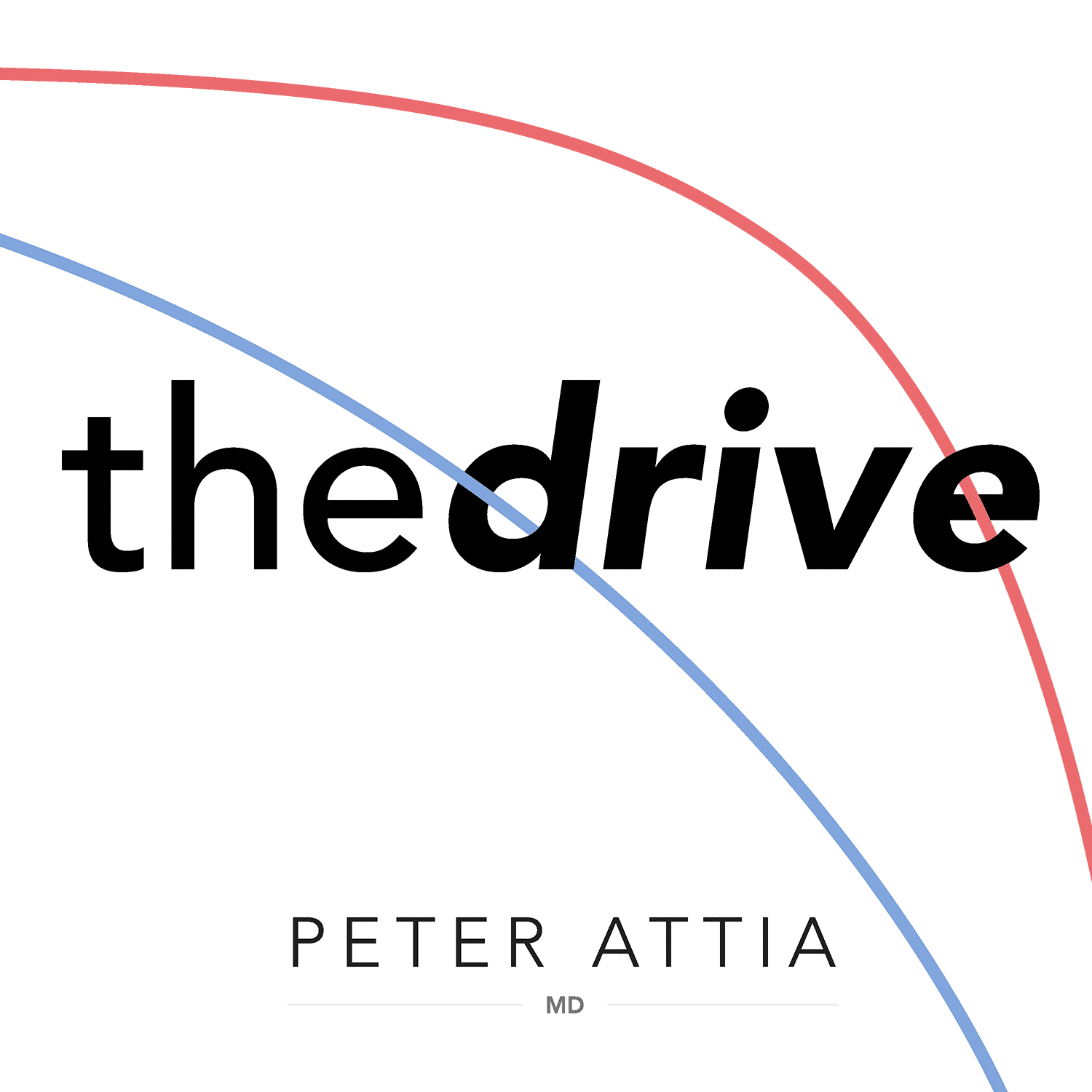We can't find the internet
Attempting to reconnect
Something went wrong!
Hang in there while we get back on track
#38 - Francisco Gonzalez-Lima, Ph.D.: Advancing Alzheimer’s disease treatment and prevention – is AD actually a vascular and metabolic disease?

Access AI content by logging in
In this episode, Francisco Gonzalez-Lima, a Professor of Neuroscience and Pharmacology & Toxicology, explains the vascular hypothesis of Alzheimer’s disease which says the central problem is a progressive neuronal energy crisis of impaired blood flow to the brain and impaired mitochondrial respiration. He walks us through the ways we can intervene in this process and also shares details of the exciting future of Alzheimer’s treatment and prevention.
We discuss:
- Background and interest in the brain [5:15];
- The unique nature of the human brain [9:15];
- Why we’ve made so little progress in Alzheimer’s research [23:00];
- The amyloid beta hypothesis [28:30];
- Hypometabolism in the brain leading to cognitive decline [39:30];
- Early signs of AD, and deciphering between age-related decline versus something pathologic [47:45];
- The vascular hypothesis of Alzheimer’s disease [54:00];
- The relationship between mitochondria, cytochrome c oxidase, and Alzheimer’s disease [1:08:00];
- Chronic inhibition of cytochrome c oxidase leads to chronic neurodegenerative disease [1:22:45];
- Major risk factors for AD, head trauma, and other forms of dementia [1:33:45];
- Methylene blue for treating and preventing neurodegeneration [1:38:15];
- Current standard of care for AD, and the reasons for a lack of advancement [2:01:45];
- Near infrared light as a targeted treatment for cognitive decline [2:05:30];
- The ketogenic diet as a treatment and preventative measure [2:13:15];
- Exciting future research coming from Francisco [2:23:00];
- Methylene blue for traumatic brain injuries [2:25:15]; and
- More.
Learn more at www.PeterAttiaMD.com
